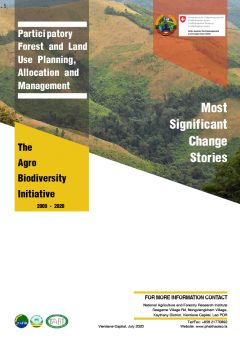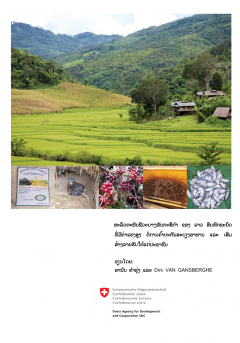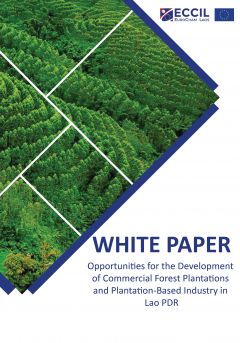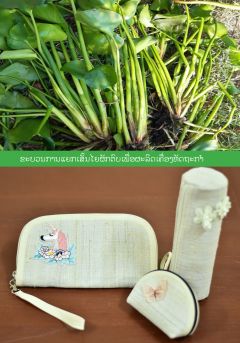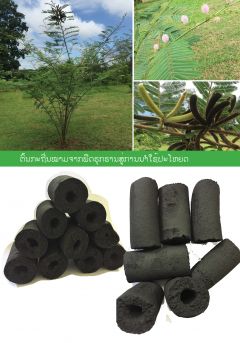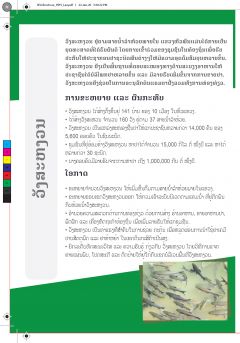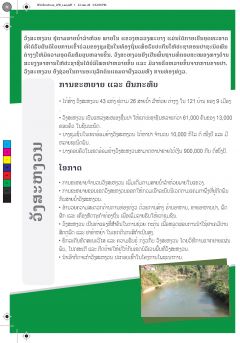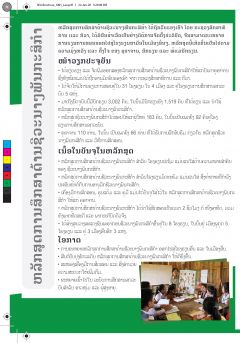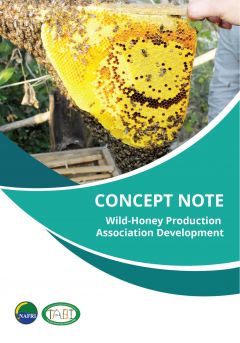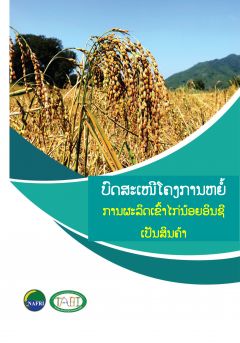Topic: Agribusiness
No publications were found for the given selection criteria.
Lao PDR
Most Significant Change is a qualitative research methodology that involves project stakeholders in deciding what changes are worth recording as “stories”. MSC stories are meant to illustrate, not…
ຊີວະນາໆພັນກະສິກຳຂອງລາວ ມີທ່າແຮງເພື່ອຍົກລະດັບເສດຖະກິດທ້ອງຖິ່ນ ໂດຍຜ່່ານການປັບປຸງຊີວິດການເປັນຢູ່ຂອງຄອບຄົວຊາວພູດອຍ ແລະ ພ້ອມນັ້ນ ກໍເປັນການສ້າງຊື່ສຽງໃນເວທີສາກົນ ກ່ຽວກັບ…
Burgeoning regional demand for wood and wood products, accompanied by supportive legal and regulatory changes, offers opportunities for private sector investment in a modern plantations-based forest…
Water hyacinths is a rapidly growing and wide spreading weed in water which obstructs water transport, drainage, and causes waterlogging. Therefore, utilization of water hyacinth as materials for…
Giant mimosa (Mimosa pigra L.) is one of the dangerous introduced species which the most rapid growth around streams and riverbanks. These plants inhibit and completion grows of other plants in the…
• Beekeeping: A huge potential for Lao honey exists if marketing, quality control and expansion of beekeeping can be achieved.
• Native bananas: Local bananas have a diversity of value-added…
In addition to the priority activities the province also support efforts to promote of Luang Prabang
Village forestry: Being connected to many NTFPs, village forestry needs support for conservation, management, and marketing of products.
• Mushrooms: Wild mushrooms are lucrative but need support for…
• Traditional medicines: Support for conservation in key habitats, community agreements on management and harvesting, processing and equitable markets is needed.
• Fish-rice cultivation: This is an…
In Xiengkhouang province, the “wild honey” produced by the Apis Cerena bee species is natural wild honey that has traditionally been harvested from both the wild forest and by beekeepers in the…
Khao Kai Noi (KKN) is specific glutinous rice varieties produced exclusively in Xiengkhouang and Houaphanh Provinces.
No publications were found for the given selection criteria.

